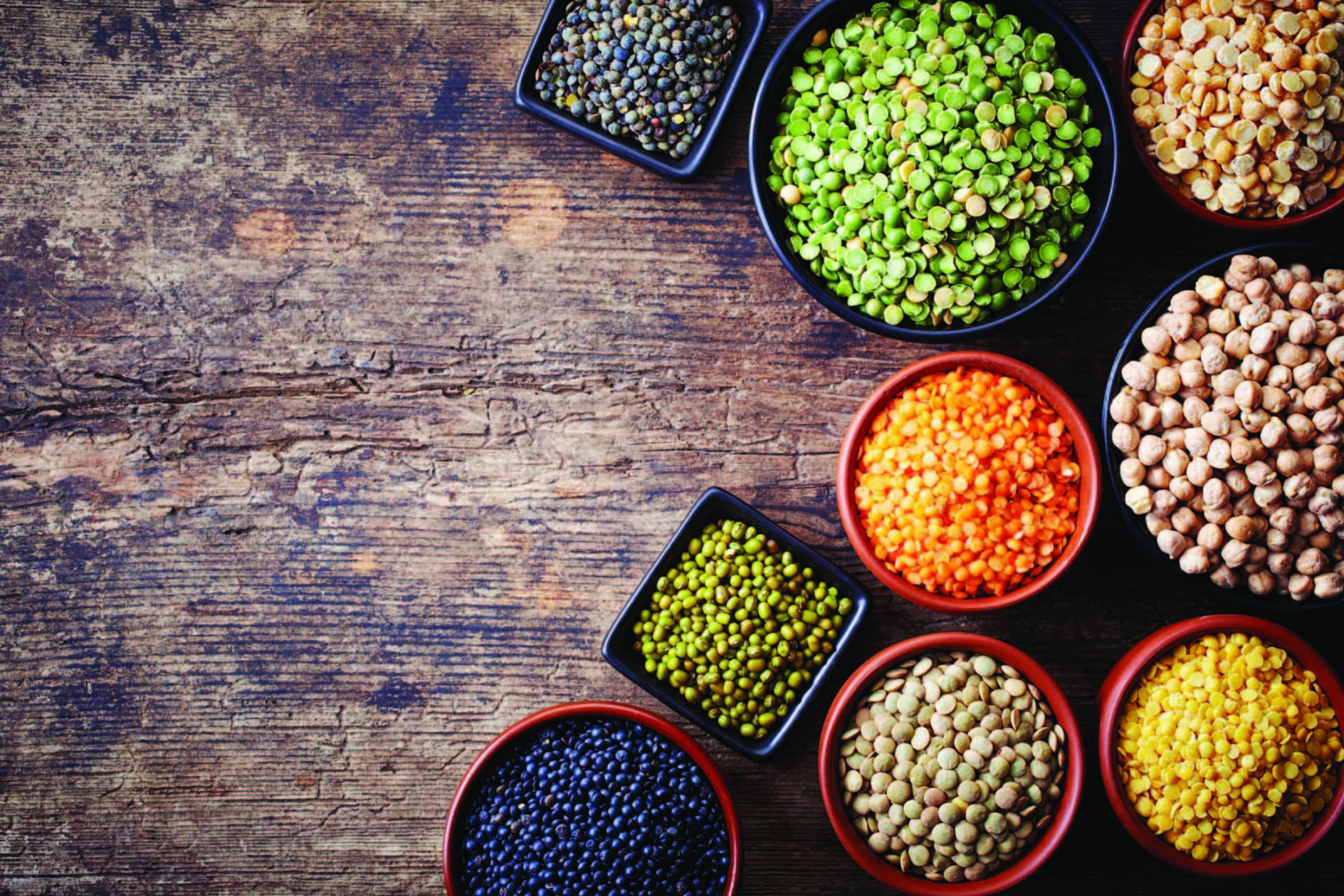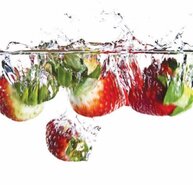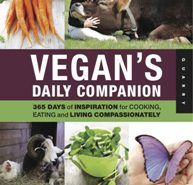Plant Powered Protein Your top 10 sources

Sweat Equity Magazine has been the number one source on…
Vegetarian, vegan, and raw vegan eating are on the rise, as research continues to show evidence of the health-benefits of a meat-free diet. Plant-powered foods support the optimal health we are intended to enjoy, while nurturing the environment and supporting compassionate living.
Vegetarian: A vegetarian is a person who abstains from eating meat. They may still consume animal products such as milk, dairy, and eggs.
Vegan: A vegan typically avoids using any animal byproducts at all. This is a big step up from vegetarian and is considered a lifestyle change as much as it is dietary. Vegans avoid using products that have been tested on animals (i.e., make-up, detergents, household cleaners, etc.) or clothes made from animal skins or hides (including wool, down, and leather). Vegans endorse a cruelty-free philosophy that rejects the use of sentient beings for human consumption.
Raw Vegan: Raw vegan is yet another step up from vegan. It fulfills the vegan criteria, with an added edge: nothing is cooked at higher than 188 degrees (Fahrenheit). This plant-powered diet consists mainly of fruits and vegetables with a small amount of nuts and seeds. Gourmet raw foods (dishes and desserts that have been dehydrated to mimic cooked foods) satisfy the sweetest tooth without the harmful effects of heat. The thrust behind their philosophy is that cooking destroys the nutrients in fruits and vegetables, leading to less-than-optimum food choices.
By far the most commonly asked question of vegetarians, vegans, and raw vegans alike is, “How do you get your protein?” Here are the foods you can use to supplement your meals while living a plant-powered lifestyle.
Top 10 Sources of Plant-Powered Protein
1. Quinoa: 24 grams of protein per cup
2. Lentils (cooked): 18 grams of protein per cup
3. Black Beans: 15 grams of protein per cup
4. Hemp Seeds: 9 grams of protein in 3 tablespoons
5. Cashews: 11 grams of protein per cup
6. Sunflower Seeds: 9.6 grams of protein per cup
7. Tahini: 12.5 grams of protein per quarter-cup
8. Cocoa Powder: 17 grams of protein per cup
9. Chickpeas: 14.5 grams of protein per cup
10. Arugula: 5.16 grams of protein per cup
What's Your Reaction?
Sweat Equity Magazine has been the number one source on yoga and fitness lifestyle in Canada. SWEAT EQUITY’s mission is to build community that inspires and motivates. Sweat Equity Magazine offers all practitioners—from beginners to masters—expert information on how to live a healthier, happier, more fulfilling life both on and off the mat. We aim to inspire and strengthen your path to enlightenment. The light in me honors the light in you. Namaste.


















